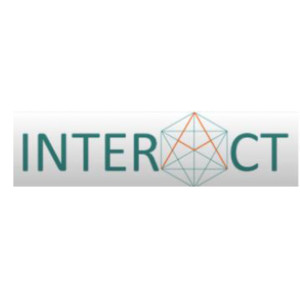 \
&
Contact us
\
&
Contact us
 \
&
Contact us
\
&
Contact us
Published on | 2 weeks ago
Programmes Horizon Europe Digital EuropeThe European Commission has published guidelines on prohibited artificial intelligence (AI) practices, as defined by the EU AI Act. The guidelines provide an overview of AI practices that are considered unacceptable due to their potential risks to European values and fundamental rights.
The AI Act, which aims to promote innovation while ensuring high levels of health, safety, and fundamental rights protection, classifies AI systems into different risk categories, including prohibited, high-risk, and those subject to transparency obligations. The guidelines specifically address practices such as harmful manipulation, social scoring, and real-time remote biometric identification.
The guidelines aim to provide a consistent, effective and uniform application of the AI Act. They are non-binding, with authoritative interpretations reserved for the Court of Justice of the European Union (CJEU). The guidelines provide legal explanations and practical examples to help stakeholders understand and comply with the AI Act's requirements.
It is important to note that at this stage, the Commission has approved the draft guidelines, but not yet formally adopted them.
The guidelines can be found on the Commission website.
We offer news and event updates, covering all domains and topics of Horizon Europe, Digital Europe & EDF (and occasionally, for ongoing projects, Horizon 2020).
Stay informed about what matters to you.
By signing up, you can opt in for e-mail notifications and get access to
a personalised dashboard that groups all news updates and event announcements in your domain(s).
Only for stakeholders located in Flanders
Culture and society Agro-Food, Environment Missions
The TIDAL ArtS project is funded under the Mission for clean oceans and inland waters and combines the power of art and science to inspire action for our ocean and waters. In april they will publish a Lighthouse call for proposals of up to 15.000 euro per artistic work. The aim of the project is notably to create public art and raise awareness on... read more

Professor Inez Germeys leads the Center for Contextual Psychiatry at KU Leuven, which is a large multi-disciplinary research group focusing on the interaction between the person and the environment in the development of psychopathology. She has received a European Research Council (ERC) Consolidator grant (INTERACT) and Proof of Concept grant (IMPACT). With these grants professor Germeys and her team researched a new mobile self-management therapy for patients with a psychotic disorder. The Acceptance and Commitment Therapy in Daily Life (ACT-DL) was further developed for the clinical environment. In line with that the Horizon 2020 IMMERSE project aims to thoroughly evaluate strategies, processes, and outcomes of implementing a digital mobile mental health solution.